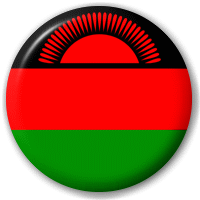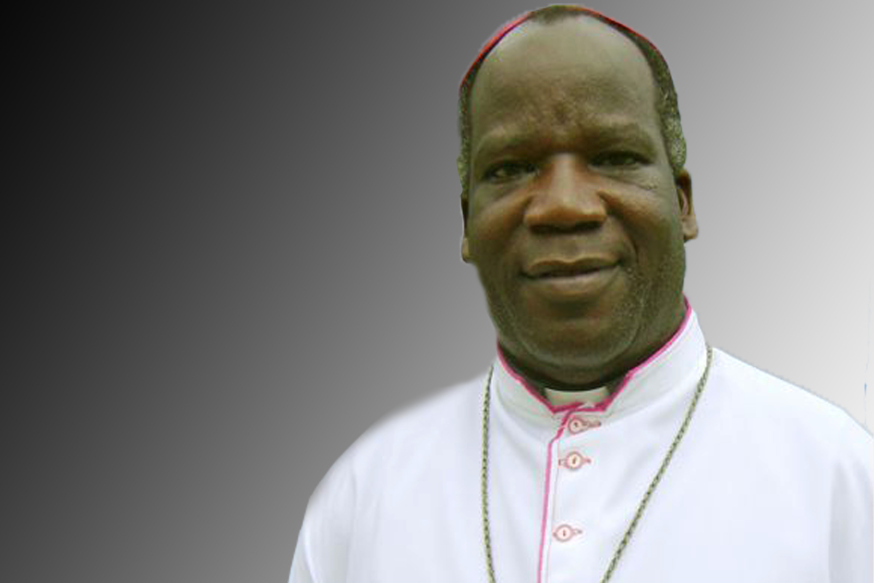MALAWI: Religious Leaders Reaffirm Peaceful Coexistence Between Muslims and Christians

In a joint statement issued by the leadership of the Episcopal Conference of Malawi (ECM), Muslim Association of Malawi (MAM) and the Quadria Muslim Association of Malawi (QMAM) on 8th February, 2019 in Blantyre, the religious leaders have strongly condemned abuse of social media to promote and incite religious hatred and intolerance.
They affirmed that Muslims and Christians have peacefully coexisted in Malawi for over a century and will continue to do so. Cognizant of the fact that there will always be disgruntled individuals capable of triggering violence in the community, the religious leaders acknowledged the fact that both Muslims and Christians have benefited many young people in Malawi through schools which are Government grants-aided.
The statement has come amidst tension which has been simmering in Mangochi Dioceses where Muslims are the majority and is threatening to spill over to other parts of the country.

Archbishop of Blantyre and Chairman of ECM
According to Most Rev. Thomas Luke Msusa, Archbishop of Blantyre and Chairman of ECM, the sour relationship between Muslims and Christian started when some people who are not known to be genuine Muslims or mere religious fundamentalists produced hatred audial clips and circulated them through social media.
“The clips were inciting Muslims against the Catholic Church, calling the Church their greatest enemy that should be destroyed at all cost,” Archbishop Msusa told AMECEA Online News, adding that this has created a lot of fear among the Catholic Community.
According to the Archbishop, the Episcopal Conference of Malawi recently developed and Education Policy which recommended that some kind of Catholic identity be put in certain noticeable places in schools where the facilities belongs to the Church. This did not go well with a section of Muslims from Mangochi despite the fact that most of the schools belong to the Catholic Church. In Mangochi Diocese alone, Catholic missionaries built over 300 Primary and secondary schools.
While Archbishop Msusa explained that the policy only required that the symbols for Catholic Identity such as the Cross and portrait of the Diocesan Ordinary be put in the Office of the Principle or some other focal point in school compounds, the message was taken out of context to mean that the signs will be everywhere in the school.
“They claimed that these are public schools because they are Government grant-aided, whereby salaries of teachers come from the government which uses tax payers’ money including taxes of the Muslims. This is how tension started and developed.”
The situation was getting out of hand especially in Mangochi Diocese where Muslims are estimated at 99.9% of the total, and this is what prompted the religious leaders to have a joint meeting.
“When we held the meeting in Blantyre, the chairman of the Muslims Association said that he too has received death threats having been accused of closely collaborating with Christians. The issue of Catholic identity in schools owned by the Catholic Church is a non-issue because other faith-owned institutions including Muslim Schools that are government grant-aided have also their distinct Islamic identities and nobody is complaining. The same policy is applicable to the Anglican and the Presbyterian schools,” the Archbishop elaborated.
He however indicated that since the issuance of the joint statement, the response is so far encouraging to both the Muslim and Christian communities in the affected Diocese.
“We have agreed to meet in that particular area where we will involve more Catholic Bishops, leaders of the Muslim communities as well as traditional chiefs so that we can have more dialogue towards peaceful coexistence between Muslims and Christians,” Archbishop Msusa said.
~End~


